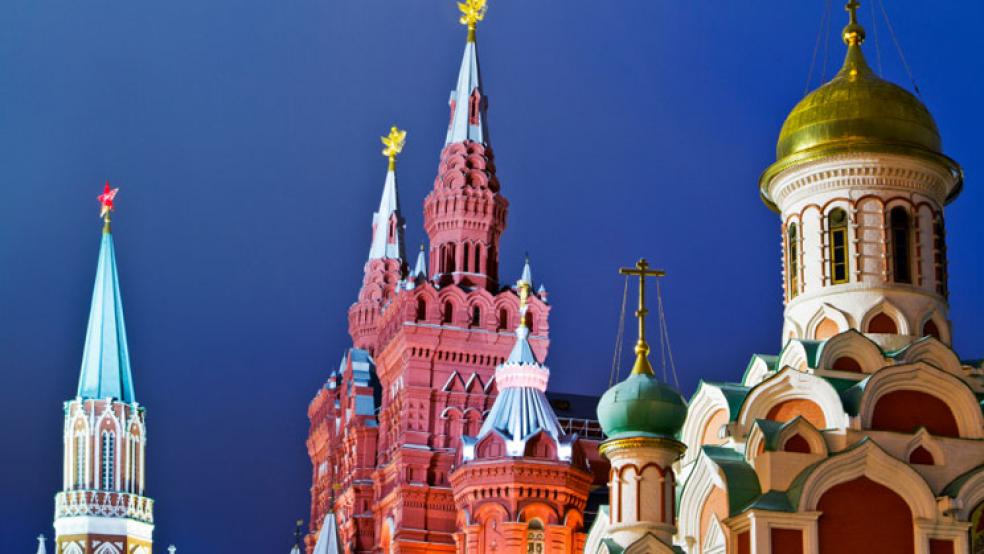Russian Energy Minister Alexander Novak says Moscow is considering a possible cutback in oil production to help end the drop in prices, but there appears to be little it can do without harming its own energy sector.
“The issue [of production cuts] requires careful consideration,” Novak told reporters in Moscow. “But on the whole, this question is being discussed, but there are no final decisions on it.”
He said the issue was thorny because Russia doesn’t have the technology to manipulate its supplies quickly. Besides, he said, the country’s budget relies heavily on income from oil exports. Russia can’t balance its budget unless the average price of oil is about $100 a barrel.
Related: Falling Oil Prices Will Hurt Russia, Iran and ISIS
Even that price may be too low. Some analysts say oil should sell at up to $115 a barrel to allow Russia to balance its budget because spending has risen dramatically for social programs and the military. Further, US and European Union sanctions on Russia’s financial as well as oil sectors have left the government short of cash.
Russia doesn’t have the technology, the infrastructure or even the climate to control the price of oil, according to Valery Nesterov, an analyst with Russia’s Sberbank CIB. He told Reuters that it can’t simply halt production at some fields because they’ll “just freeze if you stop them.” And Russia lacks the modern equipment needed to prevent that.
Further, Nesterov said, Russia should have followed China’s lead by building storage facilities for fuel reserves. As one anonymous Western oil trader told Reuters, even if Russia held back on some oil for export, “where would you put it?”
In fact, there are two storage possibilities, though neither is optimal. One would be the Transneft pipeline system, which was built to store as well as transfer oil. But it wasn’t designed for prolonged storage.
Then there’s the floating storage vessel Belokamenka in the Barents Sea north of Western Russia. But it can hold no more than 2.6 million barrels. One anonymous oil industry official told Reuters that even Belokamenka isn’t an option because “you will need 365 like it to take off 2 million barrels per day from the market.” Russia’s exports now stand at 4 million barrels per day.
Related: Investors Say ‘Nyet’ to Russian Bond Sales
So Russia must put the onus of price support on other oil-producing countries as OPEC’s summit on production levels looms on Nov. 27 in Vienna. Minister Novak and Igor Sechin, the CEO of the Kremlin-owned oil giant Rosneft, are also due to meet with OPEC member Venezuela in Vienna, which has been outspoken about the need for the cartel to cut production.
As oil producers such as Venezuela and Russia fret about the drop in oil prices, more affordable energy would benefit the worldwide economy, according to Fred Beach, who specializes in energy, military affairs and government policy at the University of Texas’ Lyndon B. Johnson School of Public Affairs.
“I think the global economy will be the biggest winner, and will sustain the lower prices for some time,” Beach told the Russian television network RT. “Many people feel the global recession was really triggered by the rise in oil prices back in 2000-2008. Some of the slow growth or stagnant growth in the global economy is because the prices stayed so high for so long.”
This article originally appeared at OilPrice.com.
Read more from OilPrice.com:
Russia-China Deal Could Kill U.S. LNG Exports
Want To Hurt Russia? Lower The Price Of Oil
APEC 2014: Russia Tries To Leave Europe Behind




